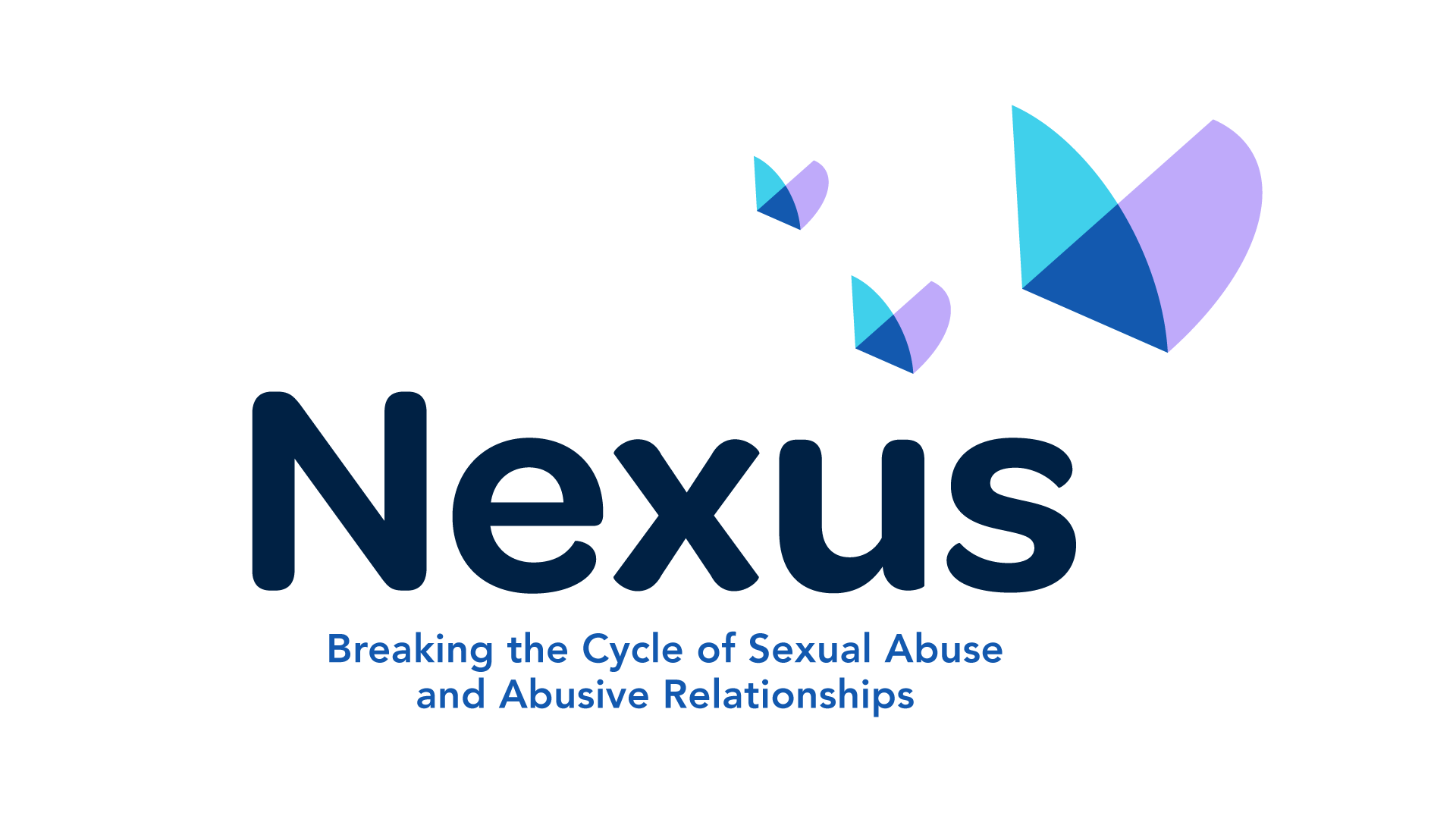What is Gaslighting?
This term has been around for some time, and its meaning is still the same today in the context of domestic and sexual abuse. Gaslighting is a colloquialism, loosely defined as making someone question their own reality. The term derives from the title of the 1944 Hitchcock film ‘Gaslight’, where a manipulative husband tries to make his wife think she is losing her mind by making subtle changes in her environment, such as slowly and steadily dimming the flame on a gas lamp. Gaslighting is a form of manipulation that commonly occurs in abusive relationships; survivors often call this form of abuse as “crazy making” behaviour.
In essence, gaslighting sits under the umbrella of coercive control: it is a covert type of emotional abuse in which the abuser misleads someone to the point where they question their own judgements and reality. The victim is left feeling unsure of their reality, their perceptions of themselves and their actions, and even the wider world around them.
Someone who has been subjected to gaslighting for an extended period of time causes them to question their own thoughts and memories, and leads to confusion, loss of confidence, and a loss of certainty in their own emotional and mental stability. The ultimate goal of gaslighting is the increased and near total dependency of a victim on the perpetrator. Gaslighting is a powerful tool which aims to corrode a person from the inside out and slowly chip away at their sense of self and like in the movie, slowly “dims your flame”.
What techniques does Gaslighting use?
- Lying to you
The perpetrator may say something like “You’re making that up”, “That never happened” or “You’re crazy”. Even when you know that the abuser is not telling the truth, they can be very convincing.
- Discrediting you
People who gaslight spread rumours and gossip about you to others. This may be passed off as sincere worry, telling others you don’t seem yourself or you’re emotionally and mentally unwell. Additionally, the abuser may lie and tell you this is what other people are saying about you and this leads to possible supportive relationships being severed.
- Distracting you
When you ask someone who gaslights a question or call them out on something, they may change the subject and start questioning you instead throwing off your train of thought.
- Minimise your thoughts and feelings
Trivialising your emotions by saying things like “Calm down”, “You’re overreacting” or “Why are you so sensitive?”
- Shifting Blame
Every discussion you have is somehow twisted to where you are to blame for something. Even when you try to discuss how the abuser’s behaviour makes you feel, they can twist the conversation so that you end up questioning if you are the reason, they behave the way they do.
- Denying doing anything wrong
An abuser will never take responsibility for their actions or acknowledge the impact their behaviour has on others. It leaves victims feeling unseen, unheard and isolated.
- Using compassionate words as weapons
Sometimes when you call an abuser out or question them, they may use kind and seemingly loving words to try and placate the victim. They may say something like “You know how much I love you”, “I would never hurt you on purpose”. This allows them to absolve themselves of responsibility and pass off their behaviour as loving which reinforces the self-blame and confusion that the victim is feeling.
- Rewrite History
A person who gaslights, tends to retell events that are in their favour. For example, if the abuser shoves their victim against a wall and you discuss this with them, they may twist the story and say that you stumbled, and they were just trying to steady you.
Signs of Gaslighting
- You doubt your feelings and reality
- You question your judgement and perceptions
- You feel vulnerable and insecure
- You feel alone and powerless
- You wonder if you are what they say you are
- You are disappointed in yourself and who you have become
- You feel confused
- You worry you are to blame and are too sensitive
- You have a constant feeling of dread and feel on edge when you are around that person
- You spend a lot of time apologising for who you are or what you do
- You feel inadequate and never good enough
- You second-guess yourself
- You assume others are disappointed in you
- You wonder what’s wrong with you
- You struggle to make decisions because you don’t trust yourself
If you identify with any of these signs of gaslighting, it’s important to talk with someone you trust or with a professional as gaslighting has devastating and long-lasting consequences on your emotional and mental health. Survivors often say that this is the worst form of abuse with an impact that can last a lifetime. The most important thing to remember is that gaslighting and abuse is never your fault.
If you have been affected by this blog. You can contact us at info@nexusni.org or alternatively you can contact the Domestic and Sexual Abuse Helpline on 0808 802 1414, email help@dsahelpline.org and webchat :dsahelpline.org.





